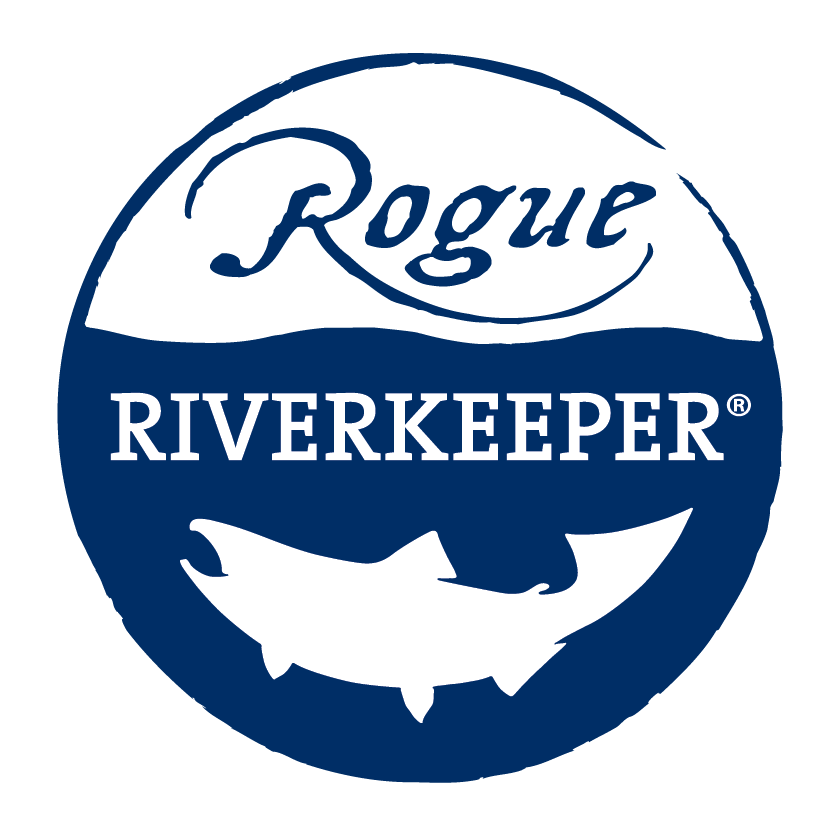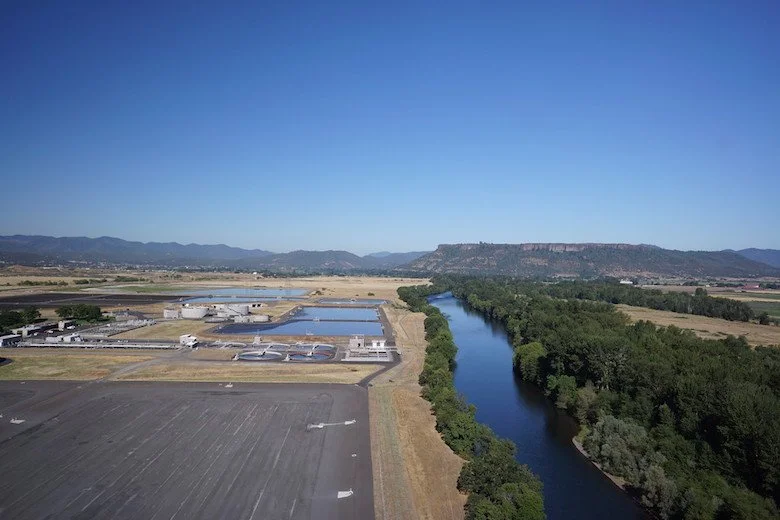What’s coming up in the OR State Legislature in 2023?
The Rogue River meanders through a variety of public and private land, and oftentimes falls quite close to agricultural land and development.
The Oregon State Legislature convenes annually in January in the state capitol of Salem. In odd years, sessions may last 160 days, often referred to as "long sessions." During the "long session" the legislature approves a two-year state budget for the next biennium. In even years, a "short session" is held. A short session can last a maximum of 35 days. This year, 2023, marks a long session for the State Legislature.
Below are two pieces of policy that will affect the environment in the upcoming session.
Factory Farms Moratorium
The proposed policy would put a moratorium on new factory farms in Oregon. Specifically, it would prohibit, until certain legislative findings could be made, new confined animal feeding operations (CAFOs) defined by the Oregon Department of Agriculture (ODA) as Tier 2 Large CAFOs. For dairies, that would mean a moratorium on new dairies of 2,500 cows or more. For broiler chickens, it would mean a moratorium on new CAFOs of 350,000 birds or more. The policy proposal would create the moratorium by prohibiting ODA and the Oregon Department of Environmental Quality (DEQ) from issuing water quality permits for CAFO operations for new or expanded factory farms at or above that size. Under the proposed legislative concept, the prohibition would continue, until such time, if any, that the Legislative Assembly repealed the prohibition upon finding that the impacts of factory farms on the public interest, including impacts to air quality, climate, water quality, water supplies, small- and medium-sized farms, community and worker health, and animal welfare, have been adequately studied and addressed through passage of additional statutes and rules.
You can learn more about CAFOs federally and otherwise on our “Act Now” page. Check it out here.
Zero Waste Bill
The United States generates over 12 percent of the planet's waste, even though we make up just 4 percent of the population. This averages out to 4.9 pounds of trash per person, per day. Nationally, only about a third of our waste is recycled or composted, while the vast majority is sent to landfills, incinerators or enters the natural environment. We need to take decisive steps to address our growing waste crisis and get us out of the linear path of extraction, production, consumption then disposal. Oregon can build on a legacy as a national leader on waste issues by continuing to pass policies that move us closer to a zero waste economy. Two concrete ways that we can do that here in Oregon in 2023 is to pass policies to reduce the use of disposable plastics by banning some of the worst single-use plastics including polystyrene foam foodware, encouraging reusables, and giving Oregonians the tools and information we need to fix our stuff and keep it out of our waterways. In 2022, Rogue Riverkeeper participated in a nationwide PFAS contamination study where two types of these forever chemicals were detected in our watershed. This policy would phase out polystyrene foam containers and cups statewide, banning PFAS in food packaging.

